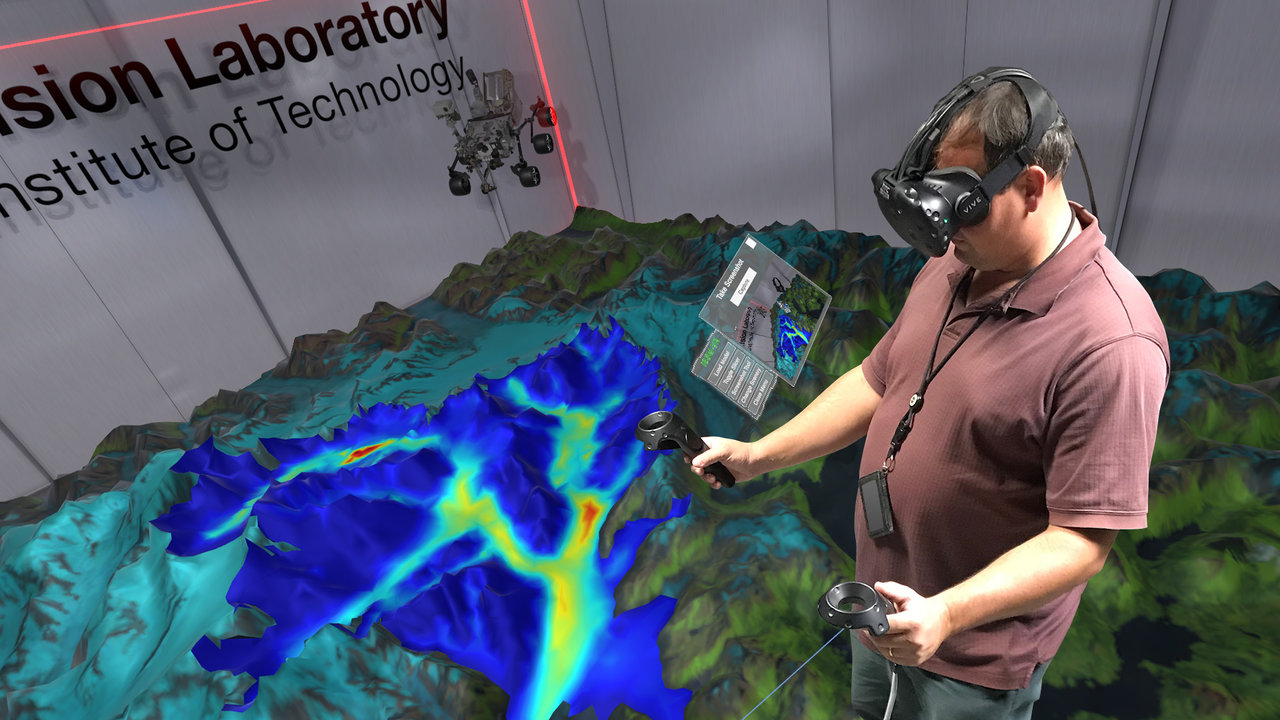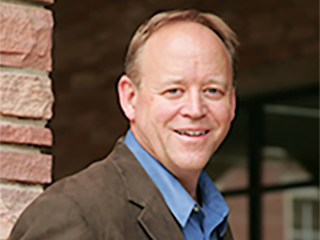STEM Career Connections
Meet Dr. Claire Parkinson, NASA Senior Scientist in Climate Research

Job Title
NASA Senior Scientist in Climate Research
Bio
The Women@NASA Spotlight is on…Dr. Claire Parkinson, Earth Scientist, NASA Goddard Space Flight Center
Our planet Earth is home. Scientists like Dr. Parkinson help us learn more about our home, from the atmosphere to the oceans to the land. Nominated by a colleague to be profiled on the Women@NASA website, Dr. Parkinson tells us her inspirational story from her perspective of NASA in the 1960s through today. She even shares some of the trials and tribulations leading to her successful career that has included the NASA Exceptional Service and Outstanding Leadership medals and induction into the National Academy of Engineering.
We hope you enjoy the interview below with Claire, that you learn something you did not know, and that you take away a nugget of inspiration from this remarkable role model. To learn more about the Spotlight recognition, visit here.
What do you do at NASA?
I’m a scientist at NASA’s Goddard Space Flight Center and use satellite data to examine the Earth’s climate and climate change. My specialty is sea ice in the Arctic and Antarctic, and I’ve been working on sea ice ever since I started at NASA in 1978. Since April 1993 I’ve also been the Project Scientist for NASA’s Aqua satellite mission, which was under development in the 1990s, launched in May 2002, and since May 2002 has been collecting data about the Earth’s atmosphere, oceans, ice, and land.
What inspired you to work at NASA?
As I was growing up in the 1960s, NASA was a spectacular shining light in what was in many ways a very troublesome decade. At that time, it never occurred to me that I could be a part of this incredible agency. But shortly before I received my PhD in 1977, I was asked to consider applying for a job at NASA, and it immediately became overwhelmingly my top choice.
A few years earlier, right after obtaining my undergraduate degree, I had gone through two very difficult years without being able to find a full-time job. I would have appreciated almost any full-time employment. What a phenomenal bonus it was after getting my PhD to obtain a job at the agency that had done such amazing things as launching humans into space, landing humans on the Moon and returning them safely to the Earth, and sending spacecraft to Mars and Venus! I have now been at NASA for almost 35 years, and still, every day, I feel incredibly privileged to be a part of this agency and to get to spend time making contributions to understanding our home planet.
Do you remember what it was like on your first day of work at NASA?
My first day of work was Monday July 3, 1978, and hence not only was my second day a holiday but relatively few people were around on my first day. So it was easy-going, without giving me much of a feel for what was to come. This was quite all right, as I had just moved to Greenbelt two days earlier and still had some reorienting and unpacking to do.
What are some of the most important lessons you have learned in your life?
Two lessons that stand out are: (1) People can be different in many important ways, and hence it’s unwise to make too many assumptions about another person’s motivations, goals, etc., and (2) Sometimes being patient and taking the time to understand another person’s position can be valuable both in increasing one’s own understanding and also in preventing small potential problems from snowballing into much larger problems.
What do you consider your greatest accomplishment?
I’ve been particularly pleased with several of the books that I’ve written, co-written, or co-edited. Each of them was major in its own way, with its own unique set of complications that had to be overcome before the book was completed, and I’ve been pleased that I’ve seen each one through to the end and that each one has gotten published. However, internally, I regard my greatest accomplishment to be the simple fact of being a contributing member of society for all these years despite seizure problems that at many moments could have badly derailed that. I am incredibly grateful to NASA for giving me a secure job for the past 35 years, as I certainly feel that the stability of a secure job and the chance to be contributing something important has helped me in a major way with the seizure problem.
What was the most difficult moment of your career? What did you learn?
No single moment stands out. There have been many difficulties, but none stands out as the most difficult. Nothing at NASA has been even close to as difficult for me as the two years between college and graduate school, when I was trying unsuccessfully to get a full-time job. Unemployment and underemployment are far more difficult circumstances to cope with than any circumstances I’ve encountered at NASA. One thing that I surely learned from those two years was to be appreciative of a job once I got one.
Who has been the biggest influence on your life, and what lessons did they teach you?
My father was the biggest influence on my life. He instilled in me a love of learning and a strong sense of the importance of honesty and integrity, plus the importance of standing up for what’s right, even when it might be unpopular or have negative consequences. He also taught me by example never to judge a person on the basis of the degrees or titles that he or she has, as while he was alive I always considered him to be the most intelligent and knowledgeable person I knew, and yet he had no titles and the highest degree he ever obtained was a high school diploma.
How has your career been different than what you’d imagined?
While growing up, first on Long Island and then in central Vermont, I never imagined being able to work at NASA. I imagined becoming a theoretical mathematician, as I loved the precision, simplicity, power, and beauty of mathematics, which was overwhelmingly my favorite subject. I was enthralled by how complicated problems could become trivially easy to solve simply by converting them into an appropriate symbolism. My prime intellectual interests were theoretical, and I never imagined going to Antarctica or the North Pole or getting to do any of the things I’ve gotten to do in my career at NASA. These include using state-of-the-art computers to examine satellite data about sea ice, being the Project Scientist for a major NASA mission, representing NASA at international conferences, speaking to groups of teachers, students, and the general public about satellite data and climate change, being elected to such prestigious organizations as the National Academy of Engineering and the American Philosophical Society, serving on the Council of the American Association for the Advancement of Science, and writing and publishing books on a range of different topics. Working at NASA has been an incredible privilege and has opened up many opportunities (some that I pursued, others that I didn’t pursue) that I never foresaw while growing up.
Did you have to overcome any gender barriers in your career?
When I was a graduate student, I very much wanted to go on an expedition to Antarctica. I was not aware at the time (the early 1970s) how unusual this was for a female to do, but I became aware as various difficulties arose, first in getting me approved for the expedition and then in getting the captain of the ship taking us from South America to Antarctica to accept having a female on board. I was very fortunate in that the expedition leader, Terry Hughes, was determined to give me the chance, and he successfully fought for my being allowed to go.
While at NASA, I haven’t felt any barriers in things like getting promotions or awards, but I have felt many times, especially decades ago, that getting heard in meetings was much more difficult for females than males, enough so that sometimes I would purposely state an idea to a male and let him express it during the meeting, knowing that it would be received better if coming from a man. Fortunately, in general there is no longer any need to do that, as the situation has vastly improved.
More generally, I think that I and many other females of my generation, were hindered by the fact that many of us grew up in places where we couldn’t participate in organized sports as children and had no or very few female professional role models other than school teachers and nurses. Most girls now don’t have either of those disadvantages, which illustrates the tremendous progress that has occurred in the past few decades.
What is one piece of advice would you like to pass on to the next generation?
Try to do good irrespective of how large or small your sphere of influence might be.




